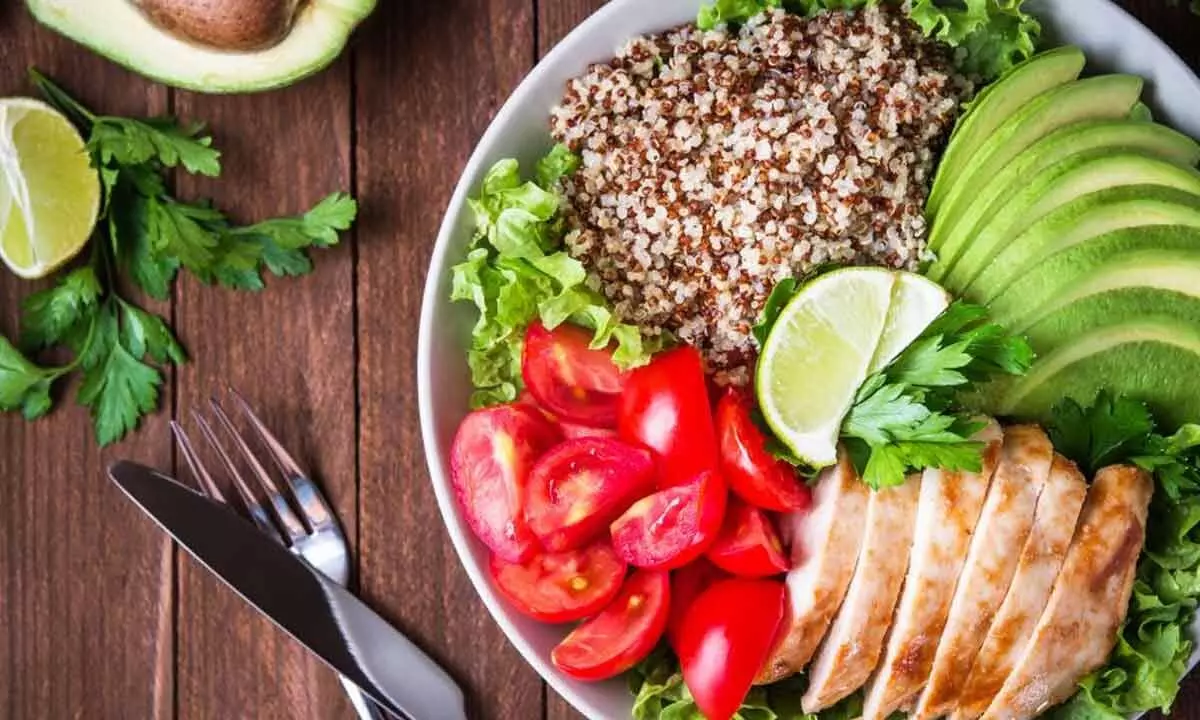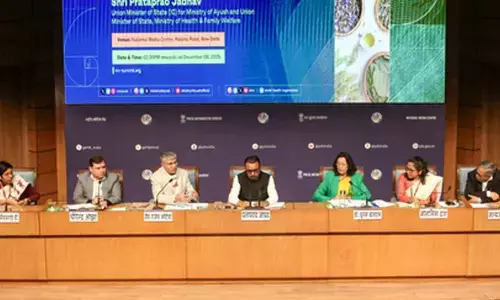Can a poor diet lead to critical health issues in patients with Chronic Kidney Disease?

Can a poor diet lead to critical health issues in patients with Chronic Kidney Disease?
The food you eat regularly dictates the health and function of your kidneys. Your kidneys filter over 200 liters of blood each day, discarding waste and excess water. The more food you consume, the more work your kidneys have. Hence, both the quality and quantity of food impact your kidneys daily. If you do not consume the right food, you are at an increased risk of kidney disease, which is difficult to detect in its early stage
As we all know, diabetes, hypertension, heart disease and obesity are the most common causes of chronic kidney disease, each contributing to the damage that causes your kidneys to fail. In addition, urinary tract issues and inflammation in different parts of the kidney can also lead to long-term functional decline. These primary causes of kidney disease or failure are commonly known as lifestyle disorders. Such disorders develop due to poor lifestyles and bad habits and predominantly due to the food you eat and how you eat it. The food you eat regularly dictates the health and function of your kidneys. Your kidneys filter over 200 liters of blood each day, discarding waste and excess water. The more food you consume, the more work your kidneys have. Hence, both the quality and quantity of food impact your kidneys daily. If you do not consume the right food, you are at an increased risk of kidney disease, which is difficult to detect in its early stages.
Your diet is an integral part of your treatment because your kidneys can no longer remove waste products and fluids from your blood. Therefore, you will need to regulate the intake of fluids and certain foods in your diet. Most renal diets focus on eliminating wastes and toxins in the blood. Therefore, while on dialysis, your doctor is likely to recommend limiting the intake of sodium, potassium, phosphorus and fluids.
Now that we understand the importance of eating and consuming the right food, let us know how this helps people on dialysis. During hemodialysis treatment, your dietary preferences can impact your treatment and how you feel after undergoing it. Between your dialysis sessions, waste and toxins can accumulate in your blood, making you feel sick. However, a proper renal diet will help you keep this under control. You can balance your diet with what dialysis tends to remove from your blood, preventing waste and fluid build-up.
So that leaves us with the big question, what food is good for patients on dialysis
• Protein - Renal dieticians recommend a diet rich in protein for those on dialysis. A recommendation of 1.2g/kg of ideal body weight is done. Maintaining healthy blood protein levels is essential to compensate for losses made during dialysis and ensure you're not losing dry weight.
• Grains/Cereals/Bread - Some individuals might need to limit their calorie intake for weight loss or blood sugar control. If you do not fall under this category, you may eat as you desire from this food group. Grains, cereals, and breads are good sources of calories. However, unlike normal individuals who are recommended to consume whole grains and cereals, dialysis patients are advised to take refined products like maida, white bread, etc., to minimise potassium and phosphorus content
• Vegetables/Salads - All vegetables contain potassium, but certain vegetables have more than others and should be limited or avoided. Limiting potassium intake protects your heart. Vegetables high in potassium should be leached before consumption. Leaching in water eliminates potassium to up to 70-80% and not entirely; hence, be cautious while consuming foods high in potassium, such as potatoes, greens, cauliflower, brinjal, etc. Instead, you can choose from various ingredients such as capsicum, gourd vegetables, cabbage, etc.
• Fruits/Juices - Fruits are high sources of potassium; however, fruits like pineapple (2 slices), papaya (2 thin slices), apple/pear/guava/strawberries/blueberries (4 pieces) can be consumed safely on non-dialysis days. Therefore, it is imperative to understand that any one fruit in recommended quantities should be consumed.
While we have understood the right food that a dialysis individual needs to follow, let us also keep in mind essential tips that can be helpful in the future:
• Use only freshly cut leached vegetables for cooking and avoid pre-cut/stored vegetables
• Dals/Legumes need to be leached before cooking
• Egg white is the purest form of albumin, and 2-3 can be consumed freely every day
• Vegetarian protein is high in potassium and phosphorus; leached legumes and paneer twice weekly should be OK.
• Rice and almond milk are low in phosphorus and can
be used instead of milk.
• To help you avoid salt, many herbs and spices can be used to make your diet more interesting. Check with your renal dietitian for a list.
Most people on dialysis feel that the diet and fluid restrictions are the most frustrating part of their treatment, apart from the dialysis session itself. However, it does not have to be so difficult. The truth is that there is almost nothing you cannot eat or drink by incorporating a simple workaround in your daily life, provided you are receiving the best quality dialysis treatment, which we strive to give each day. The tip is to understand the time and quantity of food you are consuming. Then, plan your meals well with your dietician to understand your bodily needs.














